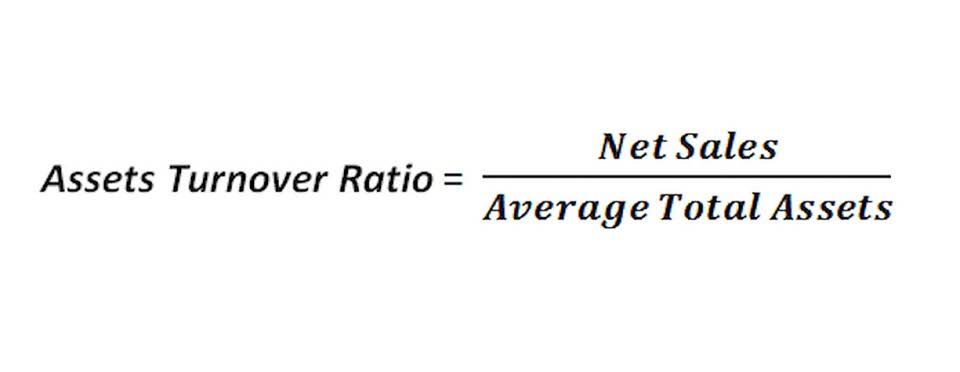
Accountant responsibilities come in all shapes and sizes, but here are a few types of accountants and the differences between accountants meaning them. So, yeah, they should know their way around a computer—and be willing to learn new technology. Take our free career test to find out if accountant is one of your top career matches. Familiarizing yourself with these terms can greatly improve your understanding of the accounting terminology and help you navigate the world of finance more efficiently.
What is an accountant? Definition and examples

Although some of their work involves the nitty-gritty of accounting, they function more as advisers. A CPA in the United States is an upper-level accountant, i.e., the most highly qualified. A CPA-equivalent in the United Kingdom, Ireland, and many Commonwealth nations is a Chartered Accountant. Chartered accountancy is governed in Bangladesh by the Institute of Chartered Accountants of Bangladesh (ICAB). The Institute of Cost and Management Accountants of Pakistan (ICMAP) offers accountant studies in Pakistan. ICMAP was established under The Cost and Management Accountants Act, 1966.

Ethical Standards and Guiding Principles for Accountants
- CGA-Canada integrated with CPA Canada on October 1, 2014, completing the unification of Canada’s accounting profession at the national level.
- As the world becomes increasingly complex and interconnected, the role of accountants is growing in importance.
- They can also be held liable under statutory law by state or federal securities regulatory bodies.
- The International Financial Reporting Standards (IFRS) provide a global framework for preparing financial statements, enhancing transparency and comparability.
- From small businesses to multinational corporations, accounting forms the foundation of sound financial management.
- If you work outside the United States, you are more likely to use the International Financial Reporting Standards system.
Accountants and certified public accountants are two different types of professionals. Accountants typically have a degree in accounting and don’t necessarily require a license to practice their profession. They are usually responsible for account reconciliation, analyzing financial statements, budgeting, and reporting financial transactions. This professional must adhere to standards and codes of conduct and must maintain continuing educational requirements. In addition to some of the duties of the accountant, a CPA must also conduct audits and file reports with the SEC among other duties. An accountant may choose to pursue a certification, of which the most prestigious is the certified public accountant (CPA) designation.
- All those who are professionally qualified as accountants are required to complete an amount of CPD each year to ensure they are keeping up to date with changes affecting the profession.
- An accountant ensures financial order, while a debtor represents an entity that owes money, requiring the accountant’s expertise to manage financial obligations properly.
- This process ensures that revenue and expense accounts start at zero for the next period, allowing for accurate tracking of financial performance.
- I was fortunate to get a job offer from a midsize CPA firm in New England while I was a senior in college, and I spent many years working there as an auditor.
- An accountant manages and analyzes financial records, prepares financial statements, and ensures compliance with regulatory requirements.
- At the end of each accounting period, the revenue and expense accounts are closed to either the income summary account, retained earnings account, or capital account depending on the type of organization.
Weighted Average Cost of Capital (WACC)

They gather and analyze financial records to determine whether they adhere to local and national laws and standards. When the police or a unearned revenue supervisory authority suspects fraud, they may send in a team of forensic accountants. An accountant is a professional who handles bookkeeping and sorts out the financial documents you need to run your business—like profit and loss statements, balance sheets, and more. They audit your books, prepare reports for tax purposes, and simplify all the financial mumbo jumbo that comes with running a business. Examples of the types of information that may be reported include the amount of cash on hand, capital budgeting analyses, and the inventory record accuracy percentage. Other types of information include loan covenant compliance, the order backlog, the percentage of overdue accounts receivable, and project profitability.

Mathematics and Financial Analytics (Aka Number Crunching)

In this article, we’ll explore the accountant definition, delve into their duties, and highlight why they are essential in today’s economic landscape. The work environment for accountants can be fast-paced and dynamic, especially during busy periods such as tax season or financial reporting deadlines. Accountants may need to manage multiple tasks simultaneously, prioritize workloads, and meet tight deadlines while maintaining accuracy and attention to detail. Temporary accounts, such as revenues and expenses, are closed at the end of an accounting period, while permanent accounts like assets and liabilities carry their law firm chart of accounts balances forward. This distinction ensures accurate tracking of financial performance and position.
Schreibe einen Kommentar